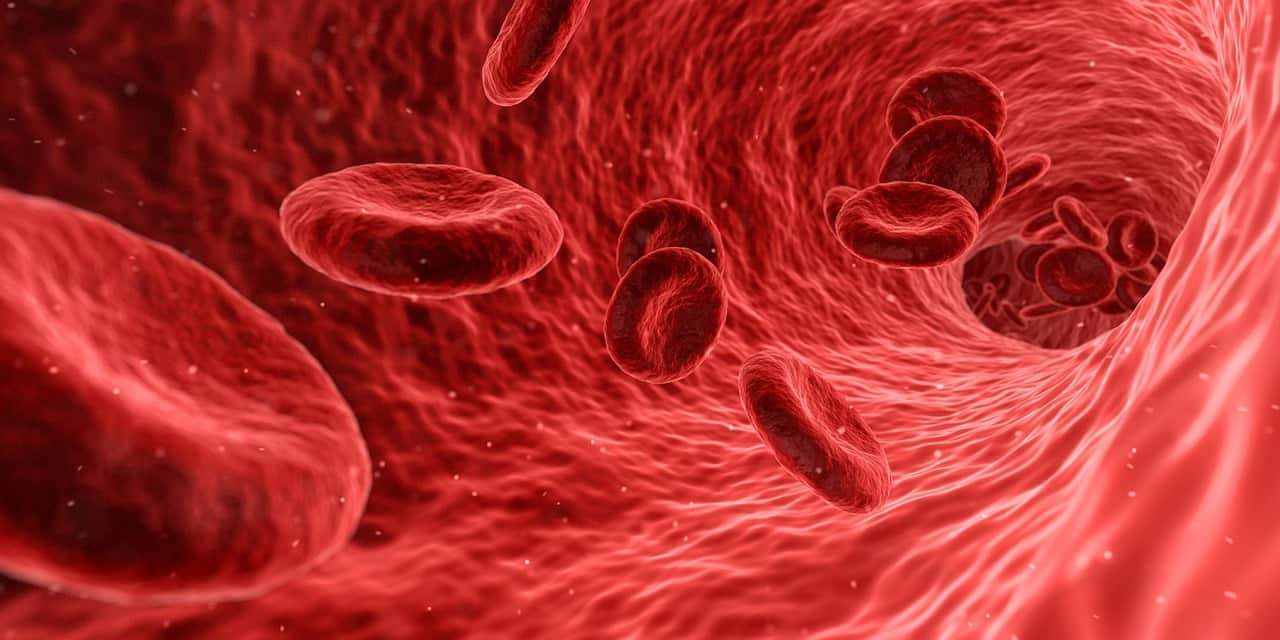Smell Less Journey: Exploring Anosmia – Causes, Symptoms, and Treatment
Admin
- 0

Contents
ToggleAnosmia:
Suppose one morning, after waking up you notice something strange – you can’t smell your favourite breakfast pancakes or fresh morning coffee. It’s like your nose decided to go on vacation! That’s what happens to people with anosmia. Anosmia is when someone loses their sense of smell, either partially or completely. In this article, we’ll explore what causes anosmia, its symptoms, and what can be done about it.
What is Anosmia
Anosmia is a condition where a person experiences either a reduced ability to smell or a complete loss of their sense of smell. This means that individuals with anosmia are unable to detect odors, resulting in the inability to identify scents and aromas that most people take for granted. This condition can be temporary or permanent and can range from mild to severe.
Causes of Anosmia
There are various causes of anosmia, and the condition can arise due to factors affecting the olfactory system or other related areas. Some common causes include:
1. Nasal Issues
Conditions such as sinusitis, nasal polyps, or congestion caused by allergies can block the nasal passages, preventing odors from reaching the olfactory receptors.
2. Upper Respiratory Infections
Viral infections like the common cold can temporarily disrupt the olfactory nerve, leading to a temporary loss of smell.
3. Head Trauma
Injuries to the head, particularly those affecting the nose or the brain, can damage the olfactory nerves and result in anosmia.
4. Aging
As we grow older, our sense of smell may naturally decline, leading to a partial loss of smell known as presbyosmia.
5. Neurological Disorders
Conditions like Alzheimer’s disease, Parkinson’s disease, and multiple sclerosis can affect the brain’s olfactory centers, causing anosmia.
6. Exposure to Chemicals
Inhaling certain chemicals or toxins can damage the olfactory nerves and lead to anosmia.
7. Genetics
Some individuals may be born with congenital anosmia, a condition where the sense of smell is absent from birth.
Also Read: Signs That Indicate You Have A Weak Immune System
Symptoms of Anosmia
The primary and most obvious symptom of anosmia is the loss of smell. However, this condition can also impact the sense of taste since taste and smell are closely linked. As a result, individuals with anosmia might find it challenging to identify flavors in food and might lose interest in eating due to the lack of sensory pleasure.
Apart from the direct impact on smell and taste, anosmia can have several indirect effects on a person’s life. For instance, it may lead to safety concerns, as individuals may be unable to detect spoiled food, gas leaks, or smoke. It can also impact social interactions and emotional well-being, as smell is closely tied to our memories and can evoke strong emotions.
Treatment Options
The treatment of anosmia largely depends on its underlying cause. In some cases, the condition may be reversible, while in others, it may be permanent. Some potential treatment options include:
1. Addressing Underlying Conditions
If the anosmia is caused by a respiratory infection or nasal blockage, it may improve once the underlying condition is treated. In such cases, over-the-counter decongestants or antihistamines might be helpful.
2. Nasal Corticosteroids
For individuals with nasal inflammation due to allergies or nasal polyps, nasal corticosteroid sprays can help reduce inflammation and restore the sense of smell.
3. Smell Training
Some studies have suggested that smell training, where individuals regularly expose themselves to specific odors, may help improve their sense of smell over time.
4. Surgery
In cases where nasal polyps or structural abnormalities are causing anosmia, surgery might be an option to remove the blockages.
5. Olfactory Implants
In recent years, researchers have been exploring the possibility of olfactory implants to restore the sense of smell, particularly in cases of severe anosmia.
6. Addressing Nutritional Deficiencies
In some instances, nutritional deficiencies can contribute to anosmia. Addressing these deficiencies may help improve the condition.
Also Read: Sleep Apnea Causes, Symptoms, and Solutions
FAQs
What is anosmia a symptom of?
Ans. Anosmia can be a symptom of various conditions, such as colds, sinus infections, allergies, head injuries, or certain neurological disorders. It is the partial or total loss of the sense of smell.
Is anosmia permanent?
Ans. Anosmia can be temporary or permanent, depending on its cause. Some cases are reversible and improve with time or after treating the underlying condition, like a common cold. However, in certain situations, such as nerve damage or specific medical conditions, anosmia may become permanent and require long-term management.
Is anosmia caused by brain damage?
Ans. Anosmia can be temporary or permanent, depending on its cause. Some cases are reversible and improve with time or after treating the underlying condition, like a common cold. However, in certain situations, such as nerve damage or specific medical conditions.
What vitamin deficiency causes loss of taste?
Ans. Vitamin B12 deficiency can lead to a loss of taste sensation.
How can I improve my smell?
Ans. Improving your sense of smell involves several steps. First, keep your nose moisturized by using saline sprays, as dry nasal passages can hinder your ability to smell. Second, avoid smoking and exposure to harmful chemicals, which can damage the olfactory system. Third, practice smelling familiar scents daily to train your nose. Fourth, include zinc-rich foods like nuts and seeds in your diet, as zinc deficiency can affect smell. Additionally, staying hydrated helps maintain nasal moisture. If you experience persistent issues or suspect underlying conditions, consult a doctor for proper evaluation and treatment.


